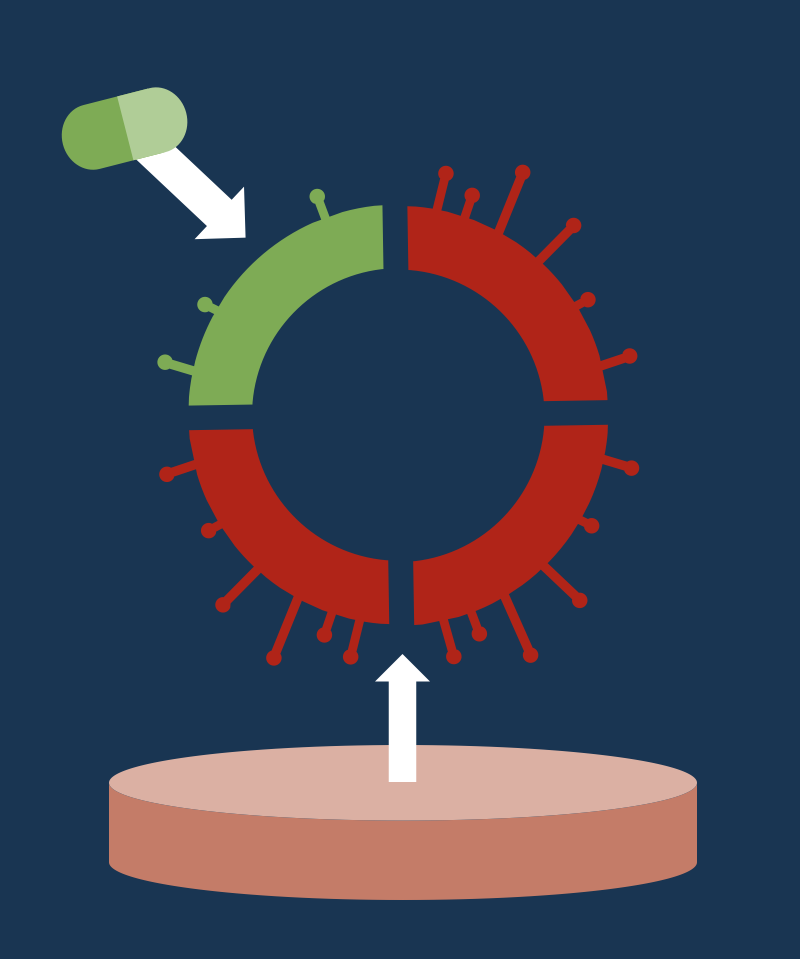Although they don’t always get the attention they deserve, urinary tract infections (UTIs) are the most common infection, with 50–60 percent of women having at least one UTI during their lifetime. Women are the most affected group, getting UTIs about 30 times more often than men do. Further, about four in 10 women who get a UTI will get at least one more in the next six months.
UTIs can lead to frequent and long-term antibiotic use, which is causing a major problem when it comes to antimicrobial resistance (AMR). Essentially, antibiotics are used so often to treat UTIs that antibiotics are becoming less and less effective—to the point where, in some cases, they don’t work at all.
For such a common infection that can be a great burden on women’s health, and despite the seriousness of the rise in AMR, there is surprisingly little focus on developing new drugs to treat UTIs. However, there has been a recent groundbreaking development: a new antibiotic drug that has proven successful in treating UTIs after 20 years in the making. Here is more information about the drug, why it is so significant, and what implications it holds for the future.
About the New Drug
This new drug, created by pharma giant GSK, is an antibiotic called gepotidacin and is the first drug in over 20 years to show success in treating UTIs. GSK started phase 3 testing (also referred to as later-stage testing) three years ago and has now finished the testing because it has met the effectiveness criteria in stopping the symptoms and signs of UTIs. The drug is now submitted for approval and expected to have a decision by late 2023 or early 2024.
Why It Is Significant
The development of a new antibiotic drug is a rare occurrence. With the increase in antibiotic resistance in recent years, there is currently a shortage of antibiotics to treat resistant infections. Pharmaceutical companies are moving away from the antibiotics space for a number of reasons, one being that it is extremely expensive and time-consuming.
There are currently only four companies working on developing antibiotics, and even then, it is difficult to develop successful drugs because many lose effectiveness after just a few years of clinical trials. After 20 years of trials, we finally have one on the horizon that has proven successful in treating UTIs.
Implications for the Future
For antibiotics to remain effective, it is crucial that pharmaceutical companies work together with diagnostic laboratories to properly identify and target the correct species of bacteria causing infections. Using precise antibiotics for treatment will help extend the shelf life of these antibiotics so they can continue to effectively treat infections.
Biotia is spearheading new technology to more effectively diagnose and treat bacterial infections. A partnership between pharmaceutical and diagnostic companies is the key to a healthy future.
Subscribe to newsletter
Subscribe to receive the latest blog posts to your inbox every week.


